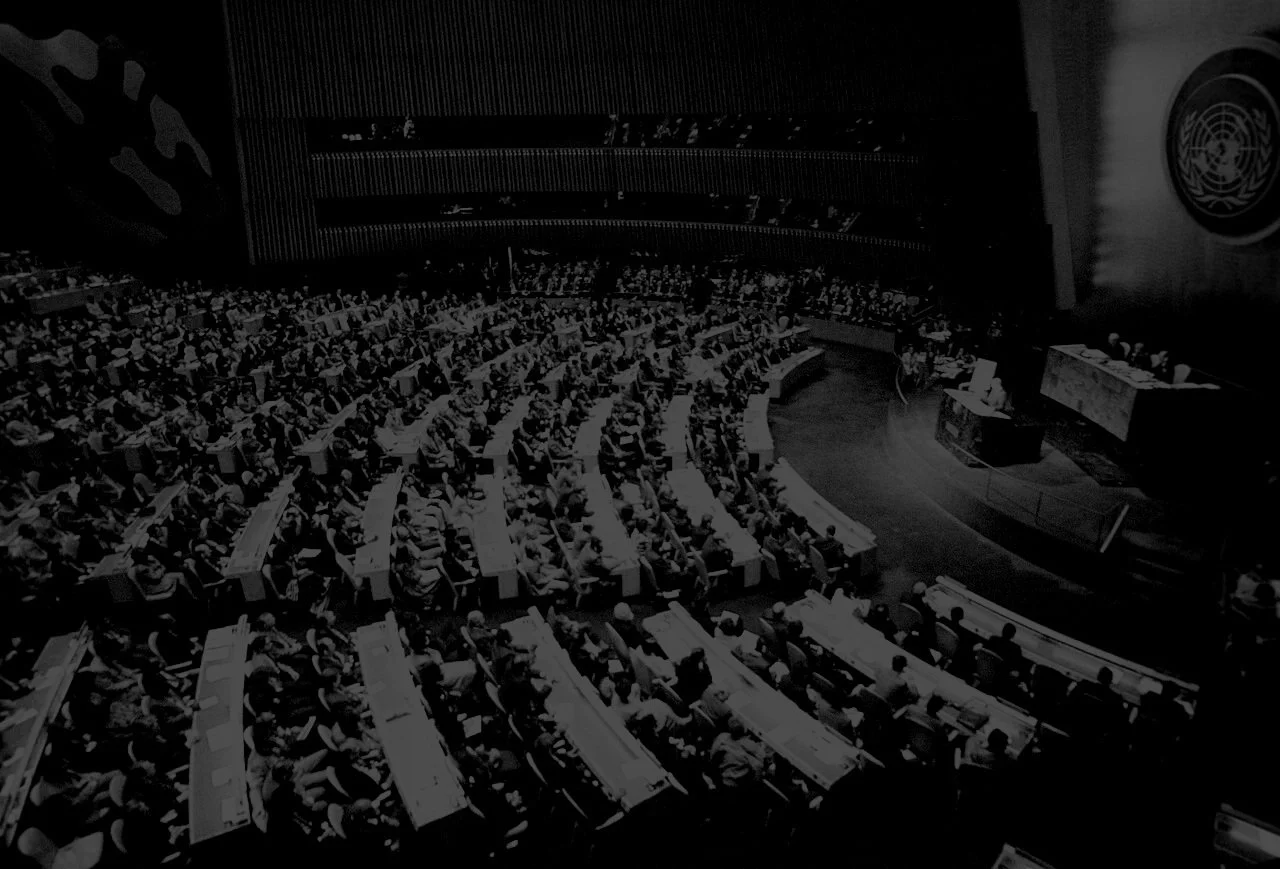
Information Services
-
Our Position
PUTTING EVIDENCE FIRST
In an information landscape congested with uncertainty, we set the standard for evidence-based capabilities.
-
Our Mission
ENABLE INFORMED JUDGMENT
We empower client decisionmaking with timely, relevant, and usable information resources.
-
Our Objective
BUILD BOUTIQUE VALUE
We deliver cost-effective, personalised, founder-led expertise, client engagement and services

How We Help
-
Applied Research
We undertake commissioned inquiries, monitoring and analysis activities - developing targeted responses to unique client questions.
-
Technical Assistance
We provide supplemental research expertise and surge capacity, and serve as external advisors, reviewers and fractional CxOs.
-
Capacity Building
We use needs assessments, requirements identification, and workshops to help clients improve in-house research capabilities.






